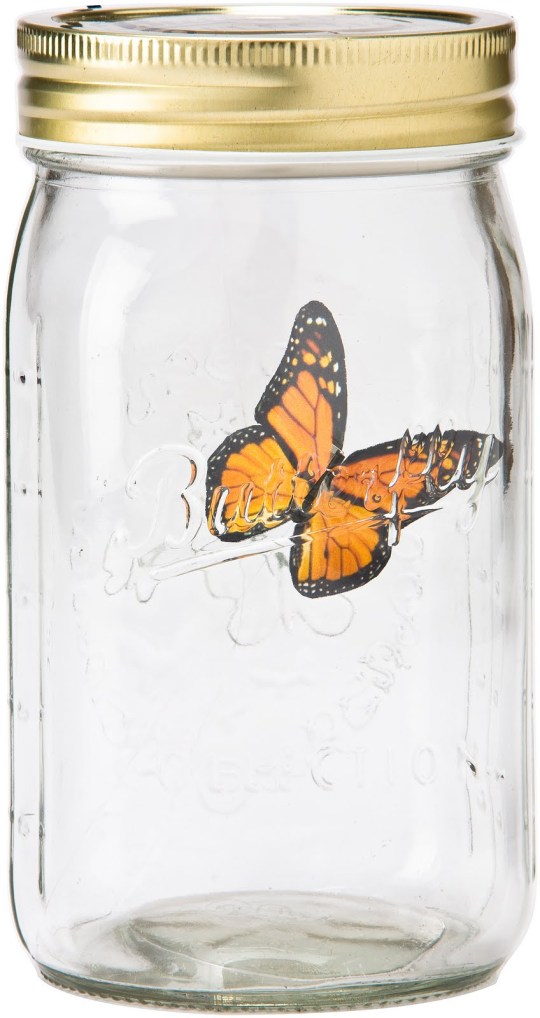Don’t Judge A Poem By Its Poet
A few days ago, I was browsing through the book section of a local thrift store and found a very “loved” copy of the Norton Anthology of Poetry. That night, I cracked it open and started reading in the middle of a long and boring-looking poem, but I gave it a chance and fell in love with it. I turned back a few pages to read it from the beginning, and realized that had I known the author of the poem, I probably wouldn’t have started reading it.
This got me thinking. Do I really judge poems by their author? I think everyone does at least once in their life. Many high school students would probably much rather read Shel Silverstein than Keats, for example. How many things do people miss because of bias and attitude? Far too many.
Poetry is a treasure chest waiting to be delved into, and it’s precious contents are often cast aside because of incorrect judgments and the tendency to rip poetry viciously apart in the pursuit of answers. This reminds me of a poem written by one of my favorite poets, Billy Collins.
Introduction to Poetry
by Billy CollinsI ask them to take a poem
and hold it up to the light
like a color slideor press an ear against its hive.
I say drop a mouse into a poem
and watch him probe his way out,or walk inside the poem’s room
and feel the walls for a light switch.I want them to waterski
across the surface of a poem
waving at the author’s name on the shore.But all they want to do
is tie the poem to a chair with rope
and torture a confession out of it.They begin beating it with a hose
to find out what it really means.
There is so much that poetry has to offer if one simply sits back and enjoys it. You’ll be surprised what your taste in poetry is if you read it with an open mind and an empty cup.
So what are you waiting for? Open that dusty collection of poetry and see what treasures are waiting to inspire you!



